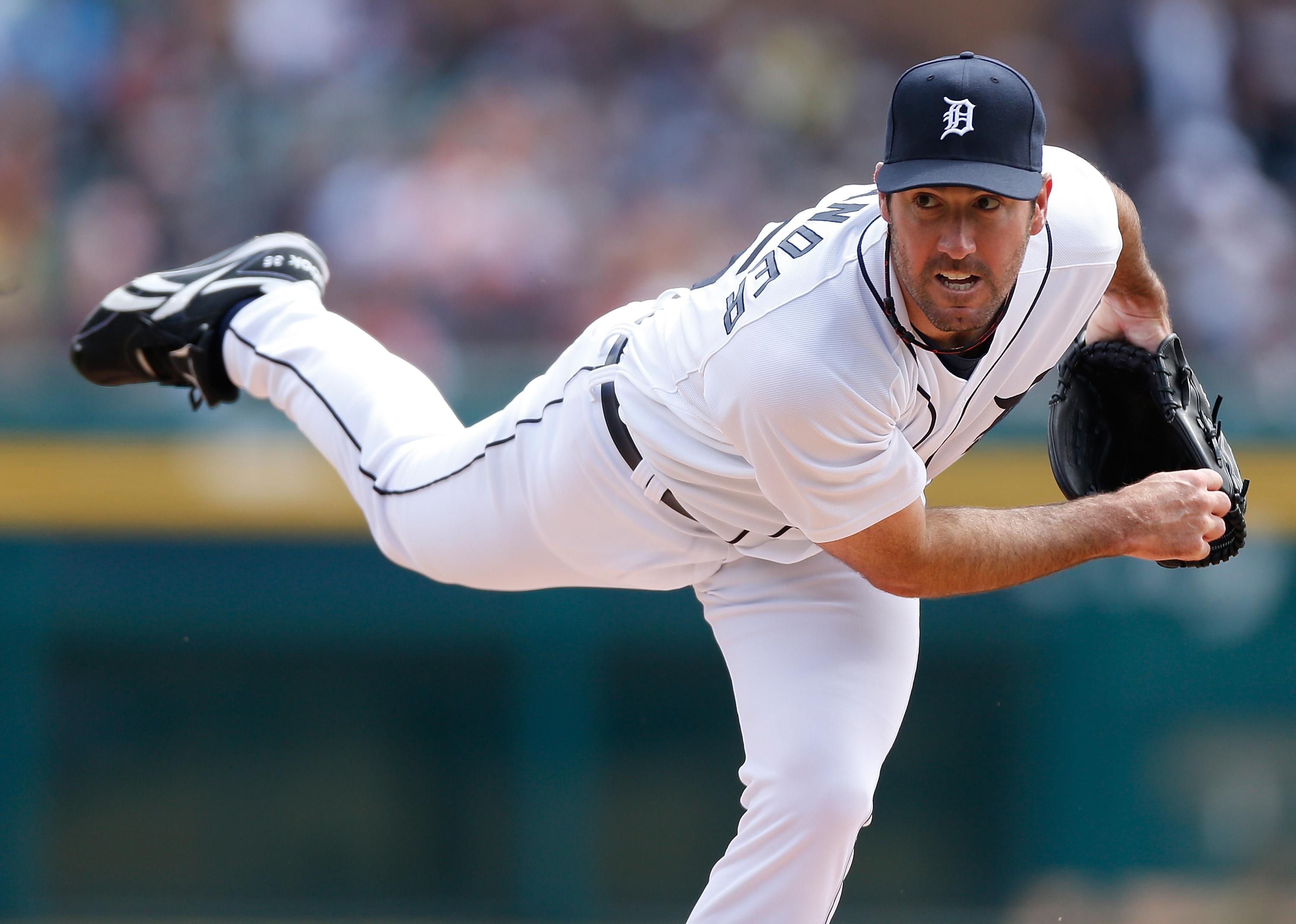With due respect to Edward McClelland’s concerns about high compensation for baseball players and growing wage inequality in the United States, it’s not clear to me what the alternative system that would be better from an egalitarian viewpoint is supposed to be. What if Congress passed a law saying no player can earn more than $5 million a year?
The quality of baseball play would stay similar. The number of people who want to attend games live would stay similar. The pool of tickets for sale would stay similar. The market-clearing price of tickets would stay high, as would the profit-maximizing price of in-game concessions. The number of people wanting to watch games on TV would stay similar, so the auction process by which TV rights are sold would stay similar. In other words, no benefits would trickle down to baseball fans. The benefit of lower salaries would trickle up to baseball team owners. And whatever you think of Justin Verlander, it’s not at all clear to me how putting more money in the pocket of Tigers owner (and Little Caeser’s Pizza founder) Mike Ilitch improves anything.
A relevant issue here is that in a lot of lines of business, higher profit margins will spur new investments. If the wages for Chicago-area homebuilders fall, then profits will soar, leading to more home construction and thus a consumer benefit—more homes. But if the wages for Chicago-area baseball players fall, then it’s still the Cubs and the White Sox and a 162-game season. Why exactly Congress has decided to allow major American sports leagues to constitute themselves as closed cartels rather than European-style leagues with promotion, relegation, and entry I couldn’t quite say. But given the existence of the closed-cartel system, all the returns to falling costs will accrue to the owners. So what’s the point?
Correction, April 16, 2013: This post originally misspelled Edward McClelland’s name and misidentified Mike Ilitch as Mitch Ilitich.
